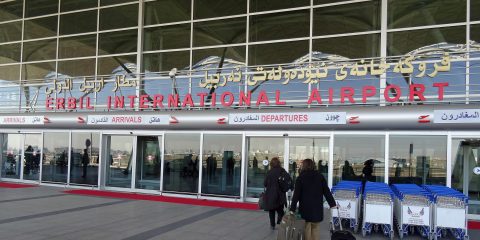Iraqis protest corruption, lack of services while politicians blame everyone but themselves
The July 16 killing of Muntazar al-Hilfi by police in al-Madina, north of Basra, during a protest for improved services was redolent of the death of Tunisian Mohamed Bouazizi on Jan. 4, 2011, which sparked the Arab Spring revolutions. Hilfi’s killing led to a series of massive protests throughout the central and southern cities that have continued until the time of […]Ali Mamouri writes for Al Monitor:
The July 16 killing of Muntazar al-Hilfi by police in al-Madina, north of Basra, during a protest for improved services was redolent of the death of Tunisian Mohamed Bouazizi on Jan. 4, 2011, which sparked the Arab Spring revolutions. Hilfi’s killing led to a series of massive protests throughout the central and southern cities that have continued until the time of this writing. Protesters are standing against rampant corruption in the country and the deterioration of services.
The religious authority in Najaf showed complete and full support to the protesters and called for promptly meeting their demands. The spokesmen for the religious authority in Najaf, Sheikh Ahmed al-Safi and Sheikh Abdul Mahdi Karbalai, who are the Friday preachers in Karbala, voiced their support. On Aug. 7, Safi said in his Friday sermon, “The people who have tolerated tough times, stood in the face of schemes and participated in elections to choose the political powers ruling them expect — and they are right to do so — those politicians to work hard to provide them with a good life. They also expect the political class to fight corruption and achieve social justice, in addition to overcoming sectarian and partisan considerations in order to reform the state’s institutions.”





